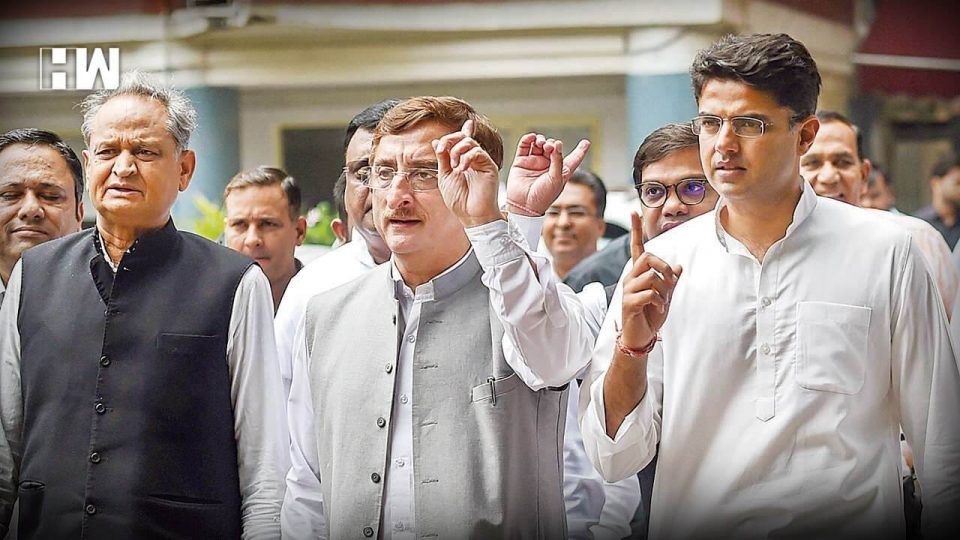He said as the uncertainty around Kashmir’s fate was mounting, the Kashmiri Pandits could not sleep. He said, “We have tried to resolve the issue the BJP way.”
New Delhi| As the debate on Modi govt’s decision to abolish Article 370 goes on in Rajya Sabha, it was the question by Congress MP Vivek Tankha that stumped everyone. After P Chidambaram former union Home minister finished his address, Vivek Tankha began to speak. He asked whether Kashmiri pandits can return to their homes after the decision taken by the Centre to term Jammu and Kashmir as a Union Territory.
Also Read: #Article370Abolished: What is Article 370?
He said as the uncertainty around Kashmir’s fate was mounting, the Kashmiri Pandits could not sleep. He said, “We have tried to resolve the issue the BJP way. But the BJP’s way was not a way where stakeholders were taken into confidence. I am an advocate general and I know how states are divided.”
He said that during the creation of Chhattisgarh, he had witnessed the process. “The state assembly passes the resolution, then it goes to the parliament. Once parliament passes it, the resolution goes back to the assembly,” he said. Tankha further asked can Kashmiri pandits really go back after BJP’s decision?
Also Watch: Home Minister Amit Shah addresses Rajya Sabha on Kashmir turmoil
“We missed out on a very historic consultative process in this whole issue,” he asserted.
Abolishing Article 370:
The central government today revoked Article 370 from Jammu and Kashmir. This means there won’t be any special status granted to it. President Ram Nath Kovind has invoked his powers granted under Article 370 (3) to declare it inoperative. The government also proposed to make Jammu and Kashmir separate Union Territory with a legislature while Ladakh will also be a separate Union Territory without legislature.
As an independent media platform, we do not take advertisements from governments and corporate houses. It is you, our readers, who have supported us on our journey to do honest and unbiased journalism. Please contribute, so that we can continue to do the same in future.

